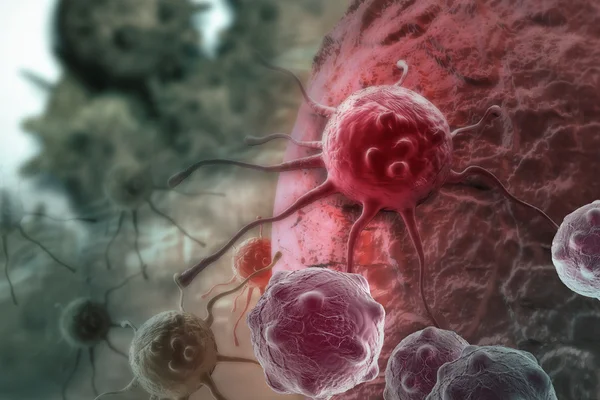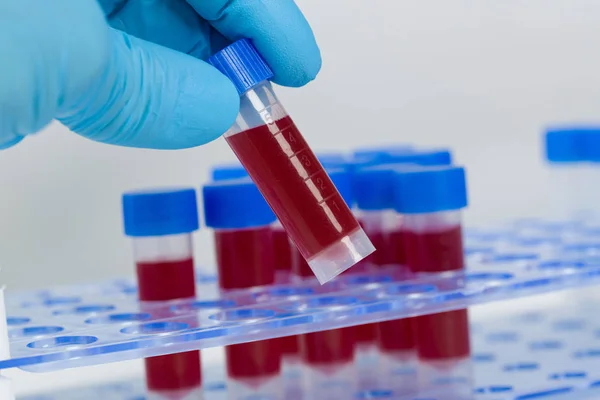
In the world of oncology, cancer is typically defined in stages, with stage 4 representing the most advanced form of the disease. This staging is critical when guiding treatment options and determining a patient’s prognosis. Stage 4 cancer is characterized by the spread of cancer cells beyond the original site to distant organs or tissues, also known as a process known as metastasis. This article offers insight into what makes stage 4 cancer especially complex and challenging, addresses its treatment, and reflects on the supportive measures available for those living with this diagnosis.
The Meaning of Stage 4 Cancer
The staging of cancer employs a system that assesses the size of the tumor, the involvement of lymph nodes, and the presence or absence of metastases. This system is commonly known by the acronym TNM:
- T (Tumor): Refers to the size and direct extent of the primary tumor.
- N (Nodes): Indicates whether and to what extent lymph nodes are involved.
- M (Metastasis): Signals whether the cancer has spread to other parts of the body.
When a cancer is classified as stage 4 or ‘metastatic,’ it means the M component is present. At this stage, the cancer has spread to distant organs, which may include the liver, lungs, brain, or bones.
The Impact of Stage 4 Cancer
The spread of cancer to different parts of the body complicates treatment and often worsens the prognosis. The body’s organ systems can be significantly affected, impairing their function and potentially causing a range of symptoms that affect quality of life. A reputable oncologist should assess the extent of the spread and tailor the treatment options accordingly.
Treatment Options for Stage 4 Cancer
Treating stage 4 cancer presents unique challenges, as it involves tackling disease on multiple fronts. The aim of treatment shifts from potential cure, which is often not possible at this stage, to extending life and enhancing the quality of life by controlling the growth of cancer and managing symptoms. The following are the primary treatment approaches for stage 4 cancer:
- Chemotherapy: Systemic use of drugs to kill cancer cells or impede their growth.
- Radiation Therapy: Localized treatment using high-energy particles or waves to destroy or damage cancer cells.
- Targeted Therapy: Drugs that target specific characteristics of cancer cells, such as a protein that allows the cancer cells to grow in an uncontrolled way.
- Immunotherapy: Treatments that harness the body’s immune system to fight cancer.
- Hormone Therapy: For cancers that are sensitive to hormones, such as some breast and prostate cancers, hormone therapy can slow or stop their growth.
- Palliative Care: Supportive care aimed at relieving symptoms and improving quality of life. This may involve medications to manage pain, nausea, and other symptoms, as well as supportive services like nutrition therapy, physical therapy, and psychological counseling.
The Role of Clinical Trials
Patients with stage 4 cancer may also consider enrolling in clinical trials. These research studies test new treatments or new combinations of treatments and may offer access to cutting-edge therapies that aren’t yet widely available.
Supportive Care and Palliative Treatments
In addition to targeting the cancer itself, treating stage 4 cancer often involves a multidisciplinary approach to manage symptoms and maintain patients’ physical and mental well-being. This can include interventions to address nutritional challenges, physical therapy to maintain strength, and counseling to offer emotional support to both the patient and their loved ones.
Living with Stage 4 Cancer
Living with a diagnosis of stage 4 cancer involves confronting challenging treatments, complex emotions, and significant changes in one’s life and future plans. It is a journey that requires careful navigation of the healthcare system, communication with healthcare providers about treatment goals and preferences, and, importantly, support from friends, family, and cancer support groups.
Conclusion
Stage 4 cancer marks a difficult and complex phase of a cancer journey, requiring comprehensive and compassionate care. It presents not only a physical challenge, but also one that touches on emotional, psychosocial, and, oftentimes, spiritual realms. Medical science continues to make strides in the treatment of metastatic cancer, offering hope for increased survival and improved quality of life. It is crucial for patients and their caregivers to remain informed, actively participating in healthcare decisions, and to seek out the vast array of support systems available to navigate this challenging stage of life.





